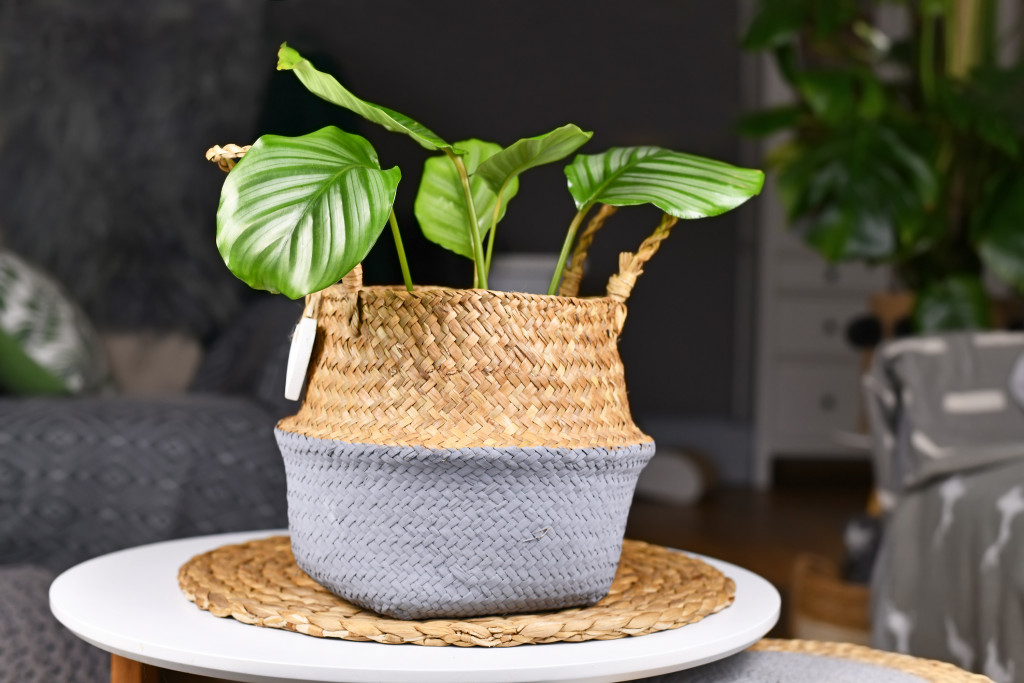- Overwatering and underwatering, along with irregular sunlight exposure, are common reasons for plant demise.
- The type of soil and the presence of pests and diseases can significantly affect plant health.
- Implementing systematic inspections, organic pest control, and cleanliness can prevent infestations and diseases.
- Planting times are crucial and vary depending on the plant species and local climate.
Do you have a home garden but struggle to keep your plants alive? It’s frustrating and disheartening when you spend time and effort growing something beautiful only to watch it wither and die. Luckily, there are some common mistakes that gardeners make that may be the reason for their plant’s demise. This blog will cover the top reasons your plants may be dying and how to fix them.
Overwatering or Underwatering.
One of the most common reasons why plants die is due to either overwatering or underwatering. It’s easy to want to give your plants a lot of water, but too much can cause the roots to rot. On the other hand, not giving them enough water can lead to the plant drying out.
You need a good garden watering system that can be easily controlled and will water your plants evenly. A grid watering system, for example, can be set up so that you can easily give the plants only as much water as they need. A grid watering system also ensures that water reaches all your plants.
Lack of Sunlight.
Just like humans, plants need sunlight to grow and thrive. If you notice your plants are not growing, the leaves are turning yellow, or they’re wilting, it could be due to a lack of sunlight. Most plants need at least six hours of sunlight per day. However, if you don’t have access to that much sunlight, consider purchasing grow lights to supplement.
Improper Soil.
The soil you plant your garden in is essential. Some plants prefer well-draining soil, while others prefer soil with a lot of organic matter. Before planting your garden, research the type of soil each plant prefers. You can also invest in a soil testing kit to determine the pH level of your soil.
Pests and Diseases.
Another reason why plants die is due to pests and diseases. Watching your garden and looking for any signs of infestation or illness is essential. Some common pests include aphids, mealybugs, and spider mites. You can do plenty of things to protect your garden from pests and diseases. Here are four of the most effective methods:
Plant disease-resistant plants.
Planting disease-resistant plants is one of the best ways to protect your garden from diseases. Research the plants you plan on growing and find out which ones are more resistant to disease.
Inspect your plants regularly.
Having a regular inspection schedule for your plants can help you detect any problems early before they get worse. Take note of any changes in your plants, like yellowing leaves or wilting stems.
Use organic pest control methods.
Using organic pest control methods is a great way to protect your plants from pests. You can use natural predators like ladybugs or lacewings to get rid of aphids, for example.
Keep your garden clean and tidy.
Keeping your garden neat and tidy is essential in preventing pests and diseases. Get rid of any dead or dying plants, as well as fallen leaves and weeds. You should also clean up any debris around the garden to make sure pests don’t have anywhere to hide.
Pests and diseases can be challenging to get rid of, but if you take the time to protect your garden and follow these tips, your plants will have a much better chance of survival.
Improper Planting Time.
Finally, one reason why your plants may be dying is due to planting them at the wrong time. Depending on where you live, certain plants may need to be planted or harvested at specific times. For example, tomatoes must be planted in early summer, while onions should be planted in late summer or early fall. Do some research on the growing season in your area and plant accordingly.
Maintaining a healthy garden involves more than just watering your plants and hoping for the best. It’s a dynamic process that requires understanding your plants’ needs, from adequate sunlight and proper watering to suitable soil and pest control. Remember, every plant is unique and requires different care. It’s also crucial to plant at the correct time of year to give your plants the best chance of survival.
Don’t be disheartened if you lose a few plants along the way; even the most seasoned gardeners make mistakes. The important thing is to learn from these experiences and continue to refine your gardening skills. With patience and persistence, you’ll see your garden thrive and blossom into a space of beauty and peace.

